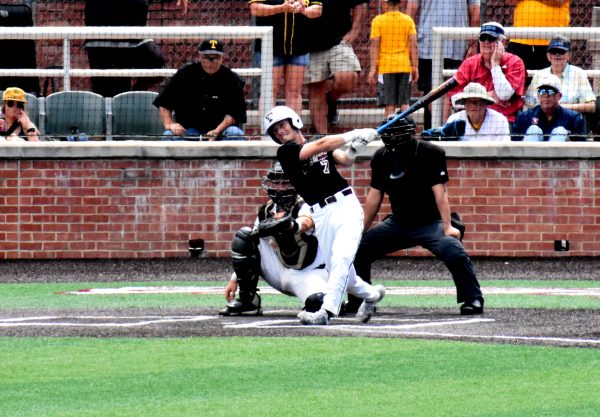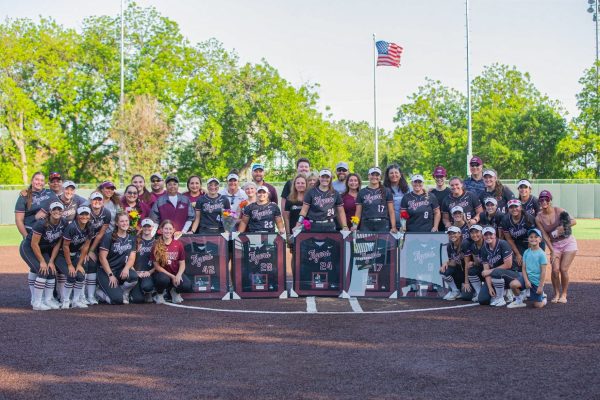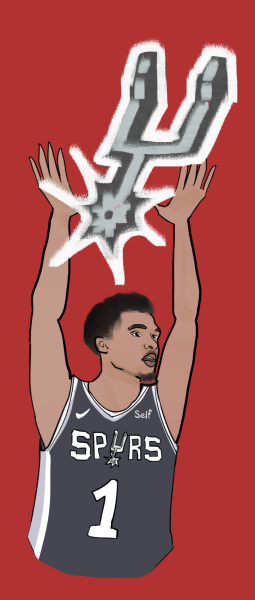“Super Seniors” are back for a fifth year
Trinity athletes take advantage of NCAA ruling that grants them an extra year of eligibility
As the fall 2021 season kicks off, many have looked forward to the return of regular seasons. While many aspects of the season are back to normal, the impact of the pandemic remains evident.
Under normal circumstances, NCAA athletes have five years to play four years of their sport; Due to the impact of COVID-19 on the 2020-2021 season, the NCAA ruled that current student-athletes would be given an extra year of eligibility. This means that current student-athletes now have six years to play four years of their sport, and that all Division III athletes who participated in the 2020-2021 season will not have that season counted against their eligibility.
In order to take advantage of this ruling, a number of senior athletes at Trinity University have opted to take an extra semester for the opportunity to play one last season.
According to Avery Tuggle, an outside hitter for Trinity’s volleyball team, choosing to stay was an easy decision to make after the abbreviated spring 2021 season.
“For how well we did in 2019, it kind of felt very unfinished. Because we went to the Final Four, and we just have such a special team, it wasn’t a hard decision, for me at least — at all, because I love the girls, and I love the sport. And I was not excited about ending on that note,” Tuggle said.
Team culture and team dynamics are also a major part of why athletes chose to stay an extra semester. Sami Lin, a libero on the volleyball team who academically justified her extra semester with an added minor in data science, explained that the culture of the volleyball team was a major factor in her decision to take an extra semester.
“I just feel motivated, and I just feel very comfortable around them. I normally feel like sometimes grades and years are kind of equal an obstacle [to team bonding], so sometimes [it’s] hard to mix between different years. But I feel like the freshmen are not freshmen, the sophomores are not sophomores. I feel like I just talk to everybody, and I feel like it’s a safe space where everyone can be vulnerable,” Lin said.
While these fifth-year super seniors may be choosing to stick around because of their respective team cultures and dynamics, there are some other upsides that come along with being a fifth-year student-athlete.
Wide receiver Chris Stewart, who is taking an extra semester to play one last season of football, noted that the reduced course load has given him the flexibility to balance working part-time and playing football.
“You know, I’ve got bills to pay and stuff like that, and so [taking six hours] allows me to work part time, but also, in terms of football, it allows me to spend more time stretching, taking ice baths, taking a hot bath, just kind of things [to] take care of my body so I can play the full season,” Stewart said.
In addition to these short-term benefits, being a fifth-year student has benefitted Stewart by extending the transition period between being a student and beginning a career.
“[Taking an extra semester] does allow me to make sure I have my post-graduation career and goals [prepared]. It gives me basically an extra six months to kind of make sure that I have those solidified,” Stewart said.
In a similar vein, for defensive back Joey Padrucco, the lighter workload afforded by taking an extra semester allows him time to prepare for graduate school with far less stress.
“[I]t hasn’t been [as] stressful as semesters past where I’ve been in, like 16, 17, 18 hours. And part of my decision [to stay an extra semester] was to get ready for grad school, and so I’m studying the GRE [Graduate Record Examinations] right now,” Padaruco said . “So that’s mainly what my days have been filled with — is studying for the GMAT [Graduate Management Admission Test], and then, you know, doing the schoolwork, which, right now, isn’t a whole bunch, so it definitely has not been stressful, that’s for sure — just because I do have all day to do what I need to do.”
The natural concern that comes with taking an additional semester is the financial strain of paying for it. However, the financial aspect wasn’t a significant deterrent for any of the student-athletes who contributed to this article. Trinity’s Office of Student Financial Services was particularly accommodating in allowing seniors an extra semester, according to Padrucco.
“I’m taking three [credit hours]. I don’t remember what it exactly is per hour at Trinity, but it comes out to a little over $5,000 for the semester, and 67% of that’s getting paid by Trinity, so it’s not that big of a deal,” Padrucco said.
Without the worry of financial burden, these super seniors are free to focus on performing well in their last sports season and preparing for their entrance into the real world.
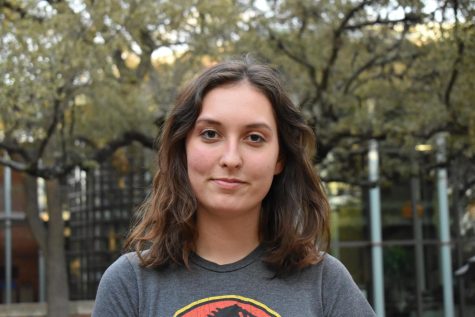
My name is Alejandra, and I'm a senior majoring in Neuroscience. I initially joined the Trinitonian as a first-year and worked my way up from a Sports...
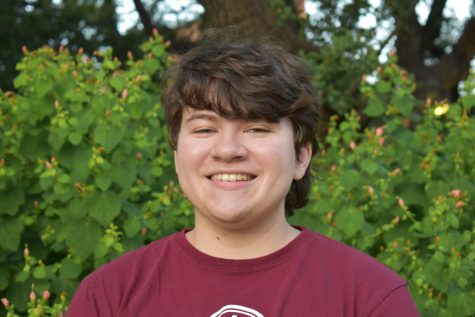
I am a senior Art and English double major from San José, California. I also have an accidental Medieval and Renaissance minor that I picked up through...





